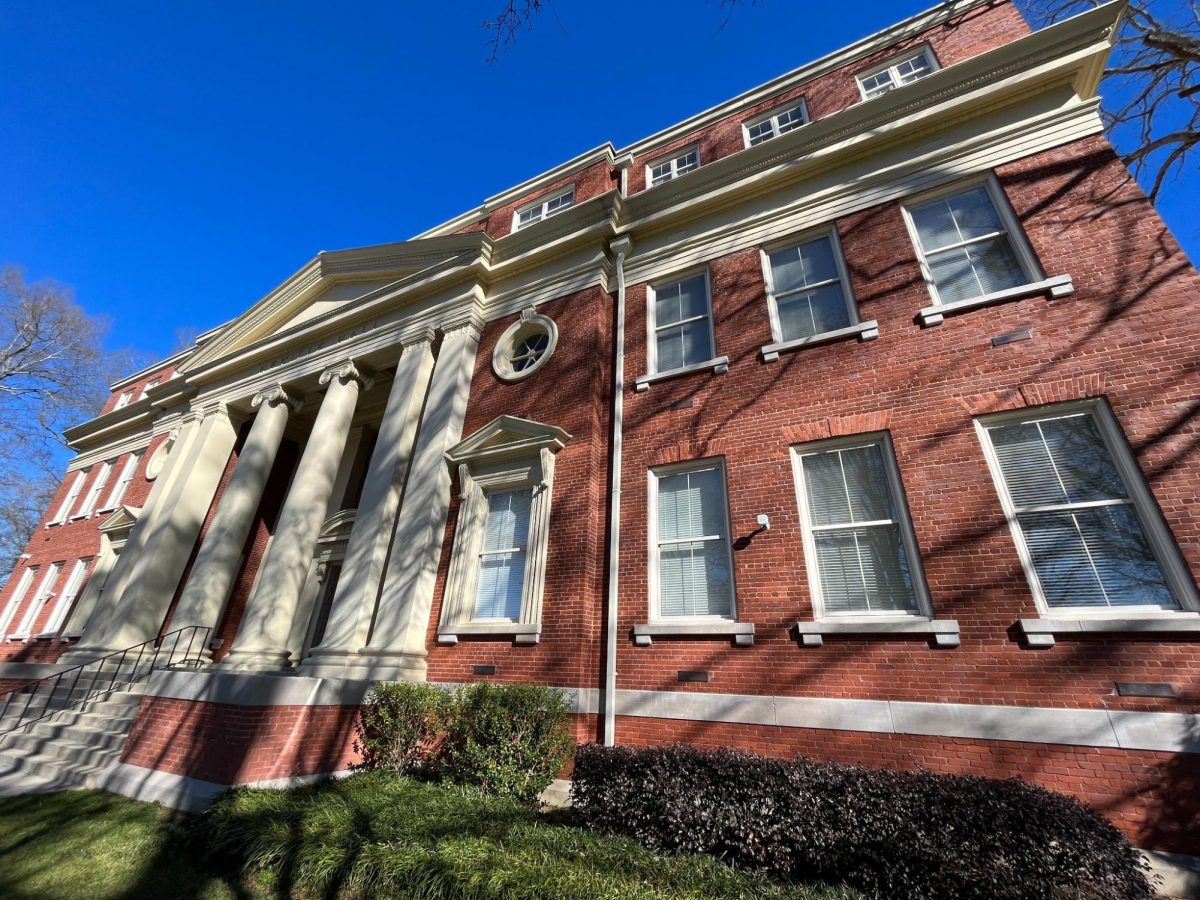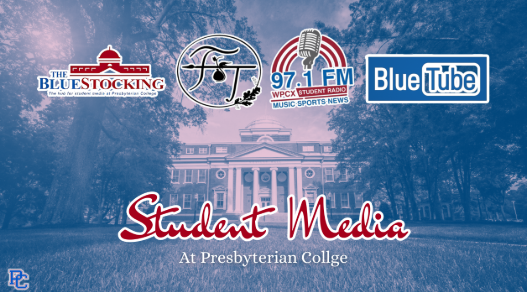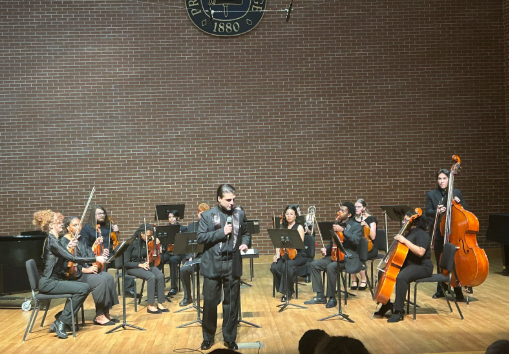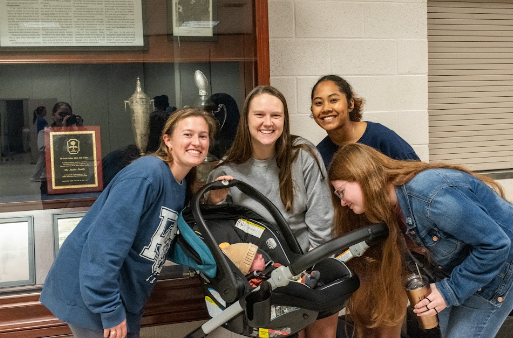“Why is the Wi-Fi not working? Is your Internet slow?” These are questions asked by students across the Presbyterian College (PC) campus, but with no known solution to this problem. Rafael Guerra ’24, a former student body president, said Wi-Fi “has always been a conversation at PC; always a struggle while students are doing exams, their homework, or even trying to relax.”
In a survey sent to a class of students in a variety of majors, on a 10-point scale, most ranked Wi-Fi on campus as 5.5. However, only about 25 percent stated that they had reported this problem to someone. Many students also stated that they knew it was a problem, but they weren’t sure of a way to improve it.
In an effort to better understand this trouble, an interview was conducted with Kevin Crider, PC’s Chief Information Officer. When asked what wifi was, he responded that it is “basically like a radio signal…but it does not go through things like walls, pipes, or concrete.” However, when asked if he had heard about difficulties with the Wi-Fi, he reported, “As far as I know, there is not a Wi-Fi situation. This is actually one of the bigger challenges with the Wi-Fi: We do not hear when people have problems.”
Nellie Shelton, network and systems manager at PC, said, “I don’t really know about a problem with the wireless,” and Shelton also went on to discuss that last summer, the college “replaced 784 access points, and in the process, decided to put some wireless coverage outside” in order to get the Wi-Fi to stretch farther on campus.
If these access points are new, then why do students continue to have Wi-Fi issues? In the interview with Crider, it was discussed that “the next thing that needs to happen is the college’s fiber.” He said the “bandwidth is good” but “some of the fiber we have on campus is decades old.” He also explained that potential Wi-Fi problems might arise because “aging infrastructure is causing bandwidth problems on campus. There are brand-new access points, but they can only do so much when the fiber is so little.”
With fiber being the problem, and not the Wi-Fi, causing the hangups, it can be hard to determine how to fix the problem when, according to Crider, fiber “is a lot of money, we are talking over a million dollars.” However, Crider, Shelton, and Guerra provided a few solutions on how to improve this situation the next time students encounter hiccups in the system.
Crider suggests that students should “let us know when the problem is and where.” something there are problems and after “asking how long the problem has been occurring, the students responded with two months. They never said anything.” Crider suggests that students “contact the help desk email address [email protected].” Finally, Guerra suggests that students should “reach out and talk to someone” because “Talking about it with anybody in the higher field of positions can really help get the word out to the Board or President.”







